Choosing the right solar panels is key to powering your home with green energy. Top brands like SunPower, REC Group, Panasonic, Maxeon Solar Technologies, and Jinko Solar lead the way. They offer high-efficiency panels that can change how your home uses energy.
SunPower’s M-Series 440 W panels are super powerful, with 21.2 watts per square foot. But, they cost more than average. REC Group’s Alpha Pure-R panels are more affordable and have a great temperature coefficient of 0.24%/°C.
Panasonic’s EverVolt HK EVPV Black 410-Watt panels are small, and perfect for tight spaces. Maxeon Solar Technologies offers a long warranty, promising 88.25% output at year 40. Jinko Solar’s top models are over 22% efficient and cost about $2.82/W on average.
Key Takeaways
- SunPower, REC Group, Panasonic, Maxeon Solar Technologies, and Jinko Solar are the top solar panel brands for home installation.
- Power output per square foot, efficiency, temperature coefficient, warranty, and cost-per-watt are key factors to consider when choosing solar panels.
- Maxeon and REC Group are the top-rated solar panel brands according to CNET’s evaluation, both scoring 9.7 out of 10.
- Monocrystalline solar cells, known for their higher efficiency, are featured in the best solar panels for home use.
- Solar panels with a strong warranty, at least 25 years for the product and around 90% for performance, are highly recommended.
Introduction to Solar Panels for Home Installation
Installing solar panels on your home has many benefits. It helps lower energy costs and reduces greenhouse gas emissions. This is important for fighting climate change.
Why Install Solar Panels on Your Home?
Solar panels offer many advantages. They can cut down your electricity bills and help the environment. With a 30% federal tax credit, you can save about $1,500 a year.
Solar panel prices are falling. This makes them a great choice for saving money and helping the planet.
Factors to Consider When Choosing Solar Panels
- Solar panel efficiency and power output
- Temperature coefficient, which affects performance in warm climates
- Warranty coverage, ensuring long-term reliability and performance
- Cost-effectiveness, balancing initial investment with long-term savings
When picking solar panels, consider these key points. Finding the right balance is important. This way, you get the most benefits and savings from your solar system.
Methodology for Evaluating Solar Panels
Choosing the right solar panels for your home is important. We look at solar panel efficiency ratings, temperature coefficients, warranty coverage, and cost-effectiveness. These are key to making a good choice.
Solar Panel Efficiency and Output
Solar panel efficiency shows how well a panel turns sunlight into electricity. Monocrystalline panels are more efficient but cost more. Polycrystalline panels are less efficient but cheaper. We compare these to find the best for your energy needs and savings.
Temperature Coefficient
The temperature coefficient shows how temperature affects a panel’s performance. In hot places, panels with a lower coefficient stay efficient. We check these coefficients to find the best for your climate.
Warranty Coverage
Warranty is key. Good panels have warranties of 25 to 30 years. We look at warranties to ensure you’re covered for a long time.
Cost and Value Analysis
It’s important to balance the cost of solar panels with their long-term benefits. We do a cost and value analysis to find the most affordable options. We consider energy output, efficiency, and warranty to ensure you get value for money.
| Solar Panel Brand | Efficiency Rating | Temperature Coefficient | Warranty Coverage | Cost per Watt |
|---|---|---|---|---|
| Maxeon M-Series | 22.8% | -0.29%/°C | 40-year power warranty | $3.50/W |
| REC Alpha Pure-R | 21.7% | -0.26%/°C | 25-year power warranty | $2.95/W |
| Panasonic VBHN325 | 19.9% | -0.26%/°C | 25-year power warranty | $3.25/W |
| Jinko Solar Tiger Pro | 20.4% | -0.35%/°C | 25-year power warranty | $2.80/W |
We analyze these factors to help you evaluate solar panels. This way, you can make a choice that fits your energy needs and budget.
Best Solar Panels Home: Maxeon (SunPower) M-Series
The Maxeon (previously SunPower) M-Series is a top pick for high-efficiency solar panels. They have an efficiency of up to 20.8% and produce 440 watts. This makes them a powerful choice for homes.
Maxeon’s High-Efficiency and Power Density
The Maxeon M-Series has a power density of 21.2 watts per square foot. This is great for homes with little roof space. Their high efficiency means more energy savings and a better return on investment.
Industry-Leading Warranty and Performance Guarantee
Maxeon is known for quality and reliability, as shown by its long warranty. The panels have a 40-year performance warranty. They promise to keep at least 92% of their power after 25 years. This warranty shows the panels’ durability and reliability, giving homeowners peace of mind.
| Specification | Maxeon M-Series |
|---|---|
| Efficiency | 20.8% |
| Power Output | 440W |
| Power Density | 21.2W/sq ft |
| Warranty | 40-year performance guarantee |
Maxeon’s leading specs and warranties mean homeowners get a reliable solar solution. It promises long-term value and performance for their homes.
REC Group: Top Choice for Warm Climates
For homeowners in warm climates, REC Group’s solar panels are a top pick. Their Alpha Pure-R series has a temperature coefficient of just 0.24%/°C. This means they stay efficient even when it’s hot.
The REC Alpha Pure-R series has a high 22.3% efficiency and a 25-year warranty. This warranty guarantees 92% of original performance. These features make REC a leading choice for homes in warm climates.
REC’s Low Temperature Coefficient
One key feature of REC Group’s solar panels is their low temperature coefficient. This measures how much power output drops as temperature rises. REC panels keep their efficiency high, even in hot weather.
Other solar panel brands might have a higher temperature coefficient. This means their power output drops more as temperatures go up. So, REC panels are a great choice for reliable performance in warm climates.
“REC Group’s solar panels are a top choice for homeowners in warm climates, thanks to their low temperature coefficient and industry-leading performance warranties.”
The REC Group’s Alpha Pure-R series is a premium solar panel option for warm climates. They offer a low temperature coefficient, high efficiency, and a generous warranty. This makes REC panels a smart choice for those wanting to use solar power in hot weather.
Panasonic: Ideal for Limited Roof Space
Homeowners with small roofs will find Panasonic solar panels a great choice. These panels are among the smallest, at just 19.9 sq ft. They pack a punch, with efficiency ranging from 19.2% to 22.2%, making them efficient in tight spots.
Most homes need 17 to 21 panels to meet energy needs. But Panasonic’s small design lets you power your home with fewer panels. This saves money and lets you design your roof in a way that looks good, even if it’s not standard.
These panels are also reliable and last long. They come with a 25-year warranty that ensures they’ll keep working well for decades. This means your investment in Panasonic solar will keep giving you power for years.
Whether your roof is small or has many angles, Panasonic panels are a smart choice. They use the latest solar tech to help you make the most of your renewable energy options, even with limited roof space.
Maxeon Solar Technologies: Unmatched Warranty Coverage
Investing in solar panels for your home means looking at warranty coverage closely. Maxeon Solar Technologies leads with a 40-year performance warranty. This warranty promises your panels will still work at 88.25% of their original power after 40 years. This is way better than the usual 25-year warranties from other makers.
Maxeon’s warranty, along with their high-efficiency panels, makes them a favorite for homeowners. They offer long-term value and peace of mind. Their panels have been tested over 800,000 times, showing they last longer than others.
Maxeon has been a leader in solar for nearly 40 years. Their panels can reach up to 22.7% efficiency, the highest in the market. Their Interdigitated Back Contact (IBC) technology ensures your panels will keep working well for years.
Maxeon’s commitment to long-term solar panel performance warranties shows their confidence in their products. By choosing Maxeon, homeowners get a top-notch warranty. This gives them peace of mind for clean, renewable energy for generations.
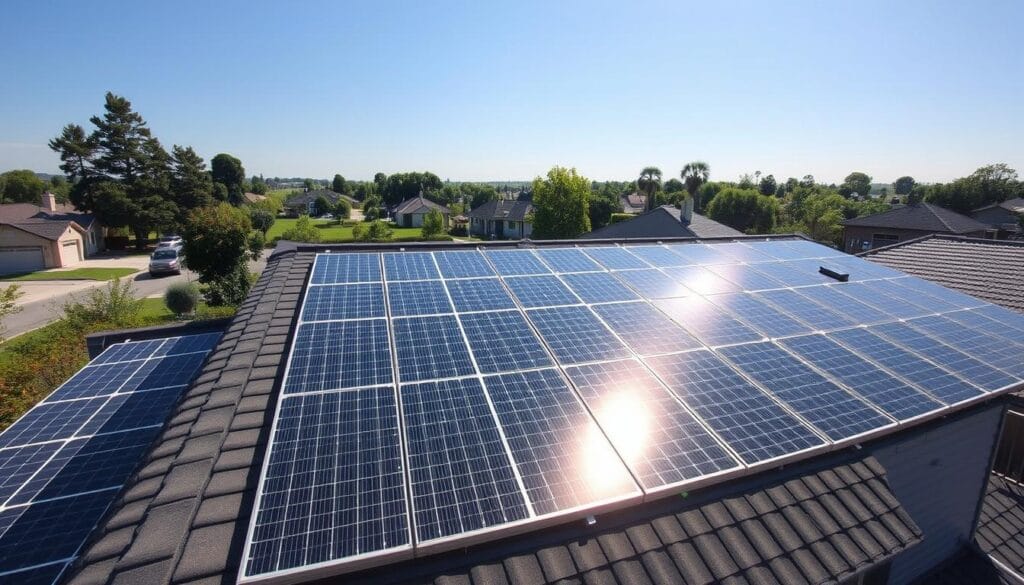
Jinko Solar: Best Value for Money
In the world of solar panels, Jinko Solar is a top pick for home use. They offer great value, even though their panels aren’t the most efficient. Their panels have a 22.3% efficiency and cost about $0.60 per watt.
This mix of quality and affordability makes Jinko Solar panels perfect for those looking for a good deal. They balance cost and performance well, making them a smart choice for homeowners.
Jinko’s Cost-Effective yet High-Performance Panels
Jinko Solar has sold over 100 GW of panels worldwide by March 2022. This is more than 20 million 5 kW systems. It shows their big impact and consistent quality in 12 facilities globally.
They offer modules up to 620W, giving homeowners a budget-friendly option without losing performance. Jinko Solar also comes with a 10-year product warranty and a 25-year performance warranty. This shows their reliability and trustworthiness.
The price of Jinko Solar panels is also a big plus. A 400W panel costs about $230, or $0.60 per watt. This makes them a great choice for those watching their budget but still want quality solar solutions.
| Solar Panel Brand | Cost per Watt | Power Output | Efficiency Rating | Product Warranty | Performance Warranty |
|---|---|---|---|---|---|
| Jinko Solar | $0.60 | up to 620W | 22.3% | 10 years | 25 years |
| Qcells | $0.75 | 400W | 21.4% | 25 years | 25 years |
| Silfab Solar | $0.80 | 390W | 21.1% | 25 years | 30 years |
| JA Solar | $0.55 | 400W | 20.9% | 12 years | 25 years |
| Canadian Solar | $0.70 | 410W | 21.2% | 12 years | 25 years |
With Jinko Solar panels, homeowners get top-notch solar tech without spending too much. They’re a great pick for those looking for cost-effective solar panels that still perform well.
Comparing Top Solar Panel Brands
Choosing the right solar panel brand is key to efficient energy use and saving money. Homeowners should look at the power output, efficiency, temperature coefficients, and warranties of top brands. This helps find the best fit for their needs and budget.
Power Output and Efficiency Ratings
The EnergySage Buyer’s Guide lists over 1,891 solar panels for comparison. The SunPower A-Series SPR-A425-G-AC and SunPower M series SPR-M440-H-AC lead with 22.8% efficiency. The Maxeon Solar Technologies 6 440W panel also reaches 22.8% efficiency.
Other top performers include the SunPower X-Series SPR-X22-370 at 22.7%, and the REC Group AA PURE RX-Series REC 470W at 22.6%. The SunPower W Residential A-Series SPR-A420 also scores 22.5% efficiency.
Temperature Coefficients and Warranty Coverage
It’s important to check a panel’s temperature coefficients and warranty. Brands like Panasonic and SunPower make durable panels for tough conditions. Panasonic panels can handle winds up to 210 mph, and SunPower panels have a copper foundation for better durability.
These premium panels usually come with longer warranties, from 20 to 25 years. This is more than the 10-15 year warranties from Chinese brands like Jinko Solar, Trina Solar, JA Solar, and LONGi Solar.
Choosing a solar panel brand depends on your needs, budget, and energy goals. By looking at performance and warranties, you can invest wisely in renewable energy. This ensures reliable, affordable power for years.
Choosing the Right Roofing Material for Solar Panels
When you put solar panels on your roof, picking the right roofing material is key. It should be strong and last long, matching the solar system’s needs. Let’s look at which roofs work best for solar panels.
Asphalt Shingles and Composite Roofs
Asphalt shingle and composite roofs are easy and cheap for solar panels on shingle roofs. They need simple mounts, making setup easy. But, asphalt shingles last only 12-30 years, meaning you might need to replace the roof often. This can raise the cost of your solar system over time.
Metal Roofs and Standing Seam Systems
Solar panels on metal roofs are getting popular because they last long and are easy to put up. Metal roofs, especially standing seam ones, don’t need drilling for solar panels. They last 40-75+ years, matching the 25-30+ year life of solar panels. This makes them a smart long-term choice.
Tile Roofs: Clay, Slate, and Concrete
Solar panels on tile roofs, like clay, slate, and concrete, are harder to install but still work. They need special mounts for a secure, watertight fit. Tile roofs can last over 100 years, but installing them might be more complex and costly.
Choosing the right roofing for solar panels depends on cost, durability, and how easy it is to install. The right choice can help you save on energy and increase your home’s value over time.
Solar Panel Installation on Flat and Steep Roofs
Using solar power is getting more popular for homes. The roof type is key to a solar panel’s success. Whether your roof is flat or steep, there are many ways to mount panels for top performance.
Mounting Options for Flat Roofs
For flat roofs, a weighted ballast system is common. This method doesn’t need to pierce the roof. Heavy ballasts keep the panels in place, protecting the roof.
Maximum Roof Pitch for Solar Panel Installation
The best roof angle for solar panels is about 30 degrees. This angle maximizes energy production. Roofs up to 40 degrees can still work well. But, steeper roofs may not catch as much sunlight.
| Roof Type | Lifespan | Compatibility with Solar Panels |
|---|---|---|
| Asphalt Shingles | 12-20 years | Suitable for long-term solar panel installations |
| Metal Roofs | 40-125+ years | Durable option for solar panel installations |
| Tile Roofs (Clay, Slate, Concrete) | Long-lasting | Generally more waterproof and suitable for solar panels |
| Tar and Gravel | 20-25 years | Provides a strong, flat surface for solar panels |
When setting up solar panels, think about your roof’s age and condition. Also, consider sun exposure and shading. Working with skilled solar roofing experts ensures your panels work well for years.
Solar Panel Weight and Roof Load Considerations
When you put solar panels on your house, think about their weight and how they’ll affect your roof. Solar panels and their mounts usually weigh 3 to 4 pounds per square foot. This is usually okay for most roofs, as long as they’re in good shape.
For those with flat roofs and ballast mounting systems, the weight might be a bit more. But it should still be okay for most roofs. It’s key to check your roof’s load when picking solar panels, especially if your roof is old or weak.
| Roof Material | Weight Capacity | Considerations |
|---|---|---|
| Asphalt Shingles | 15-20 lbs/sq ft | Suitable for most solar panel installations |
| Tile Roofs | 18-22 lbs/sq ft | Reinforcement may be needed for heavier solar panels |
| Metal Roofs | 20-25 lbs/sq ft | Ideal for solar panel installation with minimal reinforcement |
| Flat Roofs | 17-22 lbs/sq ft | Ballasted mounting systems can distribute weight effectively |
It’s crucial to hire a skilled solar installer and a structural engineer. They’ll make sure your roof can handle the solar panels and their mounts. By thinking about the weight of solar panels and your roof’s strength, you can choose wisely. This way, your solar panel setup will be safe and won’t harm your home.
Protecting Your Roof During Solar Panel Installation
Homeowners thinking about solar panels worry about roof damage. But, with the right steps and expert installers, risks are low. You can protect your roof from harm.
Minimizing Roof Damage and Leaks
Solar panels need holes in your roof for mounting. But, pros seal these holes well. This keeps your roof safe from leaks and damage.
Also, solar panels can shield your roof from bad weather. They protect against hail, rain, snow, and strong winds. Plus, they can cool your ceiling, saving on AC costs.
For your roof’s safety, choose skilled solar installers. They know how to install it without harm. This way, you get solar benefits without risking your roof.
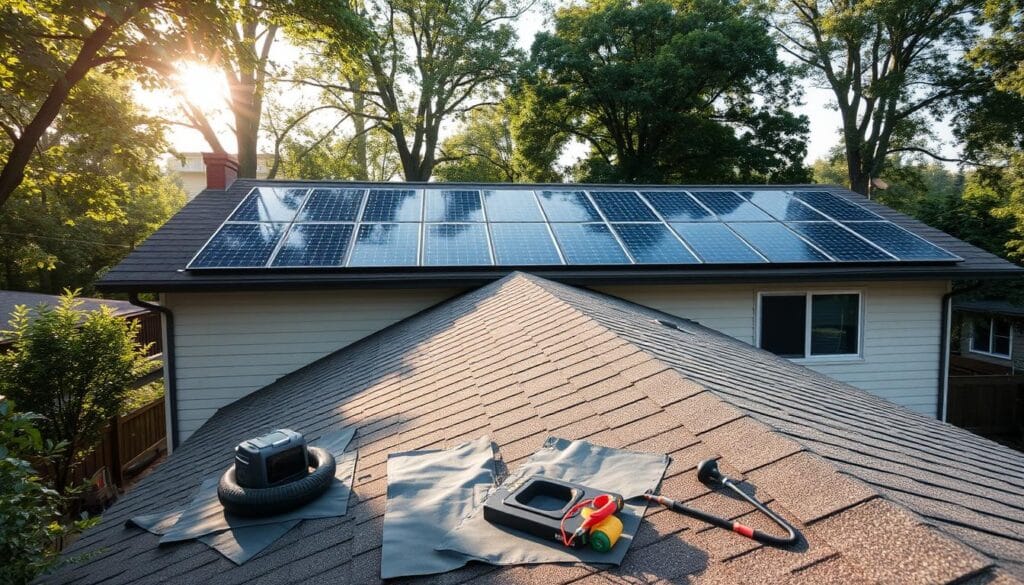
Conclusion
In conclusion, the top solar panel brands for homes have been found. These include SunPower (Maxeon), REC Group, Panasonic, Maxeon Solar Technologies, and Jinko Solar. They offer high-efficiency and high-power solar panels. These meet the needs of different homeowners.
When picking the best home solar panels, consider a few things. Look at power output, efficiency, and how they perform in different temperatures. Also, check the warranty and how much they cost.
It’s also important to know if the solar panels work well with your roof. This ensures a good and lasting home solar installation. By thinking about these points, homeowners can choose the right solar panels for their homes. This way, they can enjoy the benefits of renewable energy.
Finally, the top solar panel brands for homes mentioned here are a great starting point. They help homeowners find the best way to use the sun’s power. This reduces energy costs and helps the planet.
FAQ
What are the best solar panels for home installation?
The top brands for home solar panels are SunPower (Maxeon), REC Group, Panasonic, Maxeon Solar Technologies, and Jinko Solar. They offer high efficiency and strong warranties. This makes them great for your home.
Why is solar panel installation in homes booming nationwide?
Solar panels are becoming more popular due to high energy costs and tax incentives. They also help reduce greenhouse gas emissions and fight climate change.
What key factors should homeowners consider when choosing solar panels?
When picking solar panels, look at efficiency, power output, and temperature coefficient. Also, consider warranty coverage and cost-effectiveness. This helps maximize savings and benefits over time.
How are the top solar panel brands evaluated and compared?
We compare brands based on efficiency, power output, and temperature coefficient. We also look at warranty coverage and cost-effectiveness. This helps homeowners make informed choices.
What makes Maxeon (SunPower) M-Series solar panels a top choice for home installation?
Maxeon M-Series panels are top-notch for homes. They have high efficiency and power output. Plus, they come with a great warranty, ensuring long-term performance.
Why are REC Group solar panels a top choice for homeowners in warm climates?
REC Group’s Alpha Pure-R series panels work well in hot weather. They have a low-temperature coefficient, keeping efficiency high even in heat.
What makes Panasonic solar panels ideal for homeowners with limited roof space?
Panasonic panels are small, fitting well in tight spaces. They’re efficient and come with a 25-year warranty. This makes them perfect for small roofs.
What makes Maxeon Solar Technologies stand out for its warranty coverage?
Maxeon offers a 40-year performance warranty. This is longer than most warranties, ensuring panels perform well for decades.
Why are Jinko Solar panels considered the best value for money?
Jinko panels offer good efficiency at a lower cost. They’re a great choice for those looking for quality without breaking the bank.
How do the top solar panel brands compare in terms of their key specifications?
We compare brands based on efficiency, power output, and more. This helps homeowners see the differences and make the best choice for their needs.
What roofing materials are most suitable for solar panel installation?
Asphalt shingles and composite roofs are easy to work with. Metal roofs can also support panels without drilling. Tile roofs require special care but can work too.
How do solar panel installations differ for flat and steeply pitched roofs?
Flat roofs use weighted ballast mounts. Sloped roofs use standard mounts. Panels work well on roofs up to 40 degrees.
How much do solar panels and their mounting equipment typically weigh?
Panels and mounts weigh 3 to 4 pounds per square foot. This is usually okay for most roofs. Flat roofs may need more weight, but it’s still safe.
How can homeowners protect their roofs during solar panel installation?
Solar panels themselves don’t harm roofs. But, the installation process can. Professional installers seal holes to prevent leaks and protect the roof.

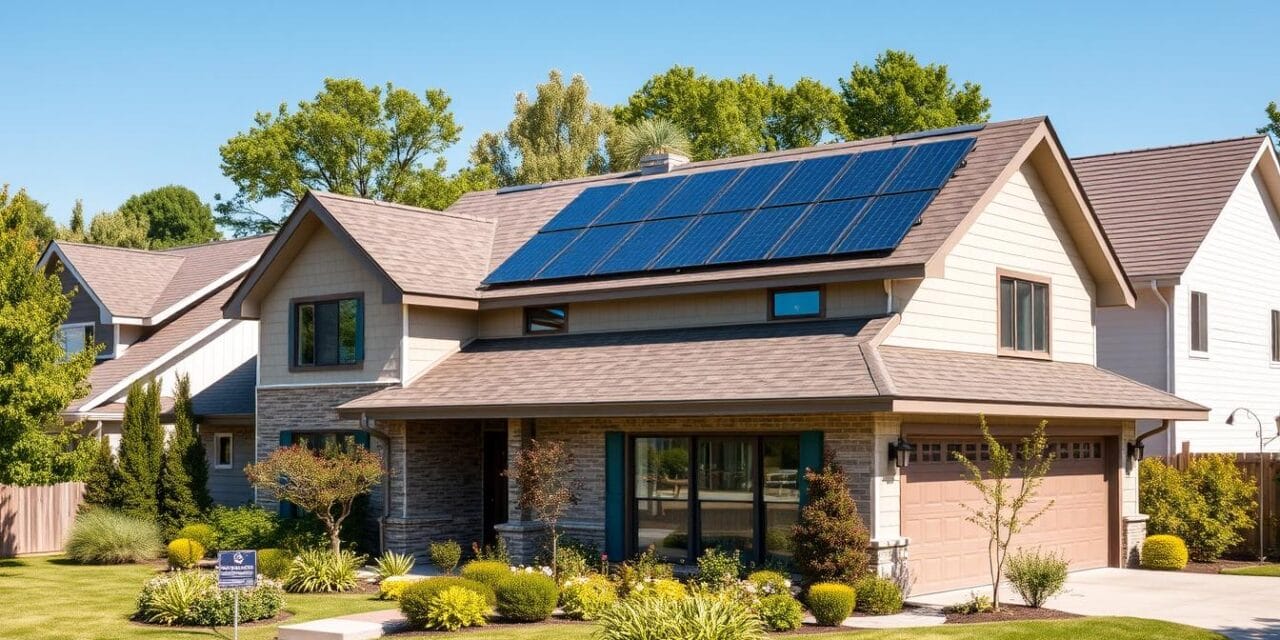
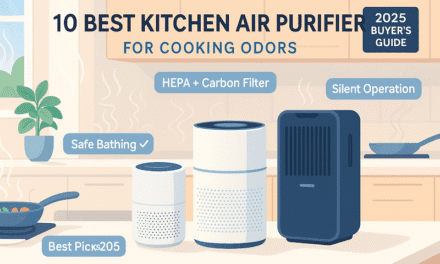
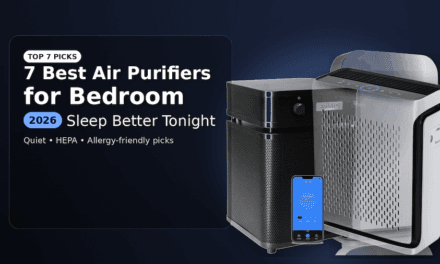
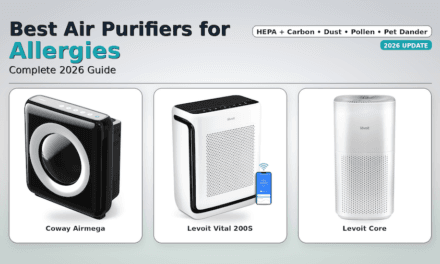
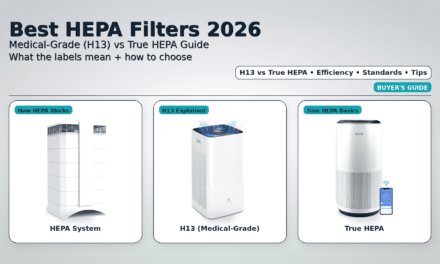
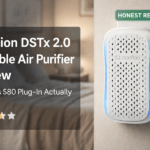
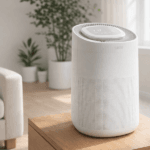
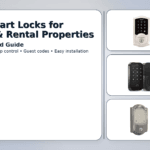
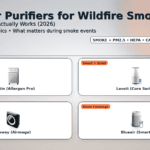
Recent Comments